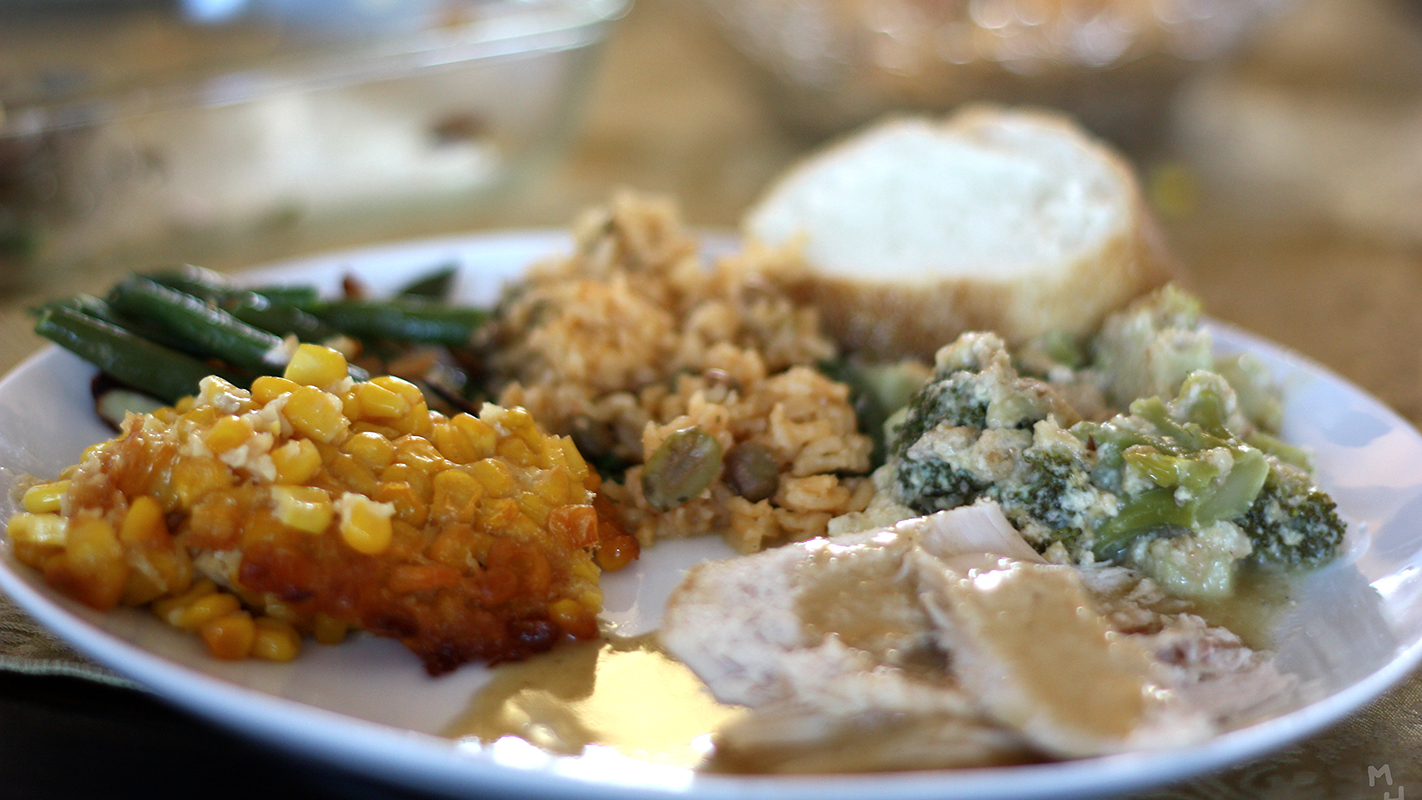How to Properly Degrease the Holidays

Thanksgiving isn’t just a shopping and holiday-music delivery device—it’s also turkey-frying season.
And the only downside to a deep-fried turkey, and all the usual side dishes, is the sloppy mess created by the leftover grease, which can wreak havoc if poured down a residential drains.
NC State’s Waste Reduction and Recycling Center and University Housing are offering faculty, staff and students a way to rid themselves of two holiday nuisances through Dec. 6 by turning the used turkey grease into biofuels and decorative pumpkins and gourds into compost.
“Cease the Grease,” new this year, is an expansion of the used cooking oil recycling program that began in January, which collects about 1,000 gallons of old oil from university dining outlets every month. It is picked up by Pittsboro-based Piedmont Biofuels, which specializes in converting grease and oil.
Collection containers are located at Wolf Ridge, Wolf Village, E.S. King Village and Western Manor apartments. After cooking, cool the grease, pour it into a container for transport and then empty it into a collection bin located near any of the apartment complexes’ outdoor waste and recycling site.
Faculty and staff are encouraged to deposit their recycling materials into collection bins at Wolf Ridge and Wolf Village.
Pumpkins and gourds can be disposed of in pizza-box composting dumpsters around campus.
More than 100 pumpkins were composted after Halloween in the inaugural year of the program, thanks to an IRC pumpkin chunkin’ contest and collections from the pizza-box dumpsters.
Don’t want to tip over a vat of sage-scented cooking oil in your car and haul it to campus? City of Raleigh residents also have the option to dispose of used cooking grease/oil now through January 15 by placing it on the curb in a sealable, clear plastic container marked as “used cooking oil.”
- Categories:


